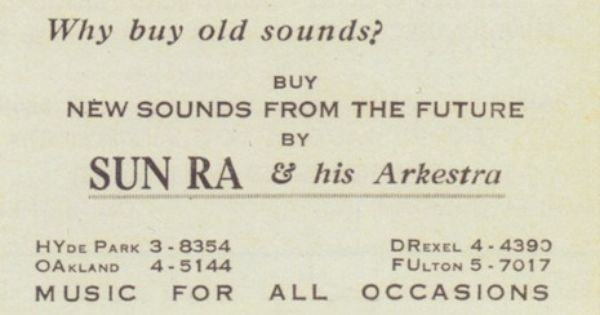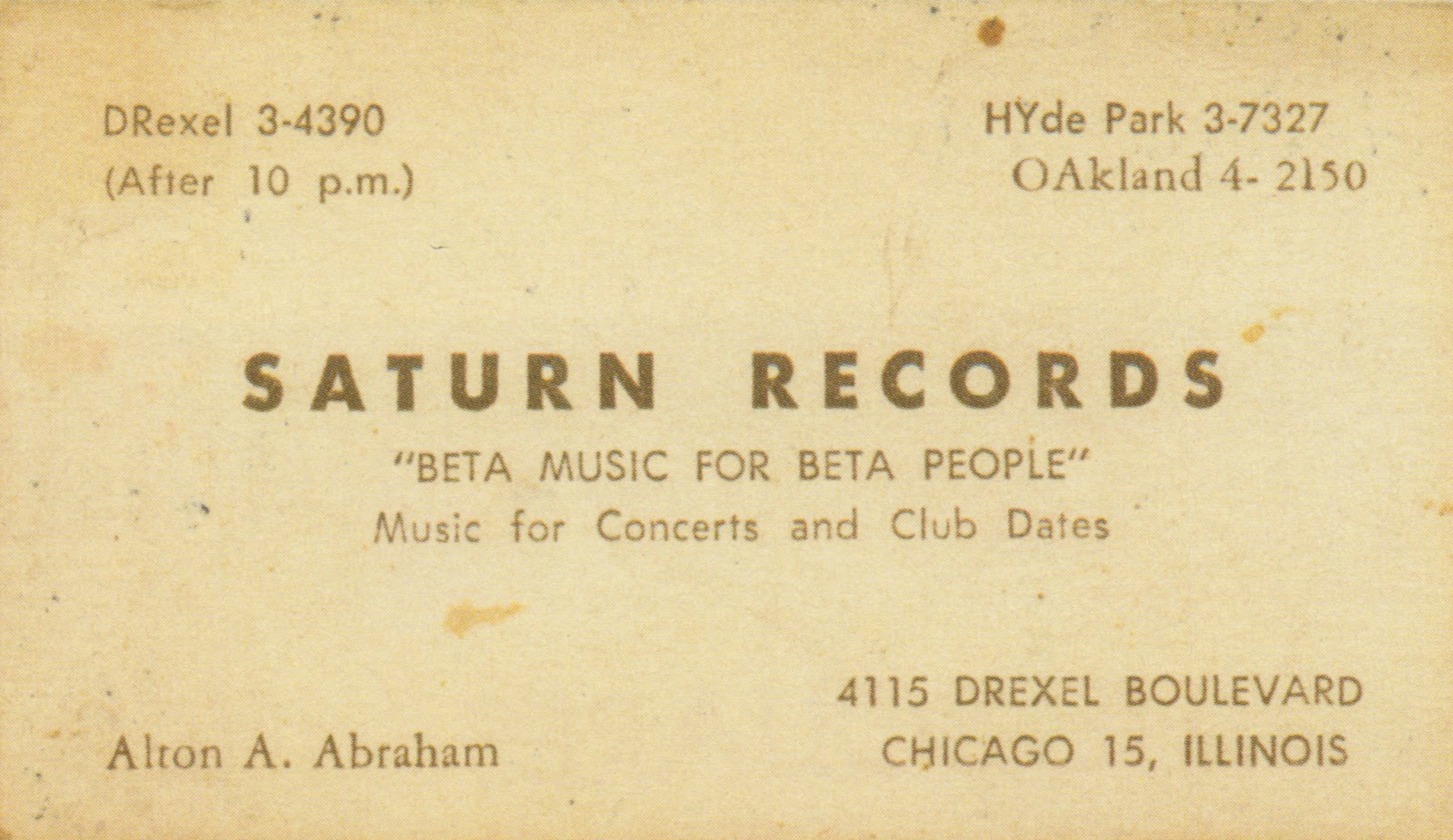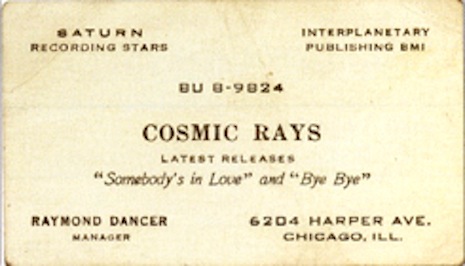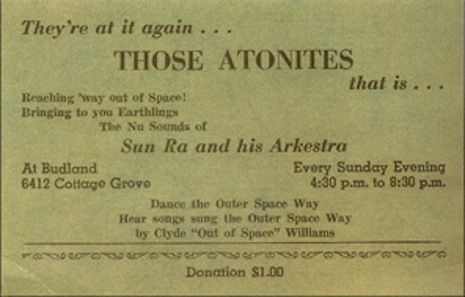
One of the hardest things to master as an independent musician is the art of promotion. Though many artists are extroverts and attention-seekers, many more are by nature introverted, or at least inner-directed, and disinclined to embrace the tools of the marketing trade. In days of yore, when such things as major record labels still roamed the earth at large, much of the promotion could be left up to those majestic, lumbering beasts. These days, when the majority of working musicians have to keep their day jobs and learn to do their own production, styling, booking, and PR, it’s essential to get over any squeamishness about blowing your own horn. If you’re looking for pointers, consider the example of self-invented musical genius Sun Ra, a master of self-promotion.

No one better understood what Sun Ra was up to than Sun Ra himself, and he knew how to sell his very out-there free jazz movement to a public used to more mundane presentations. As Mike Walsh at Mission Creep succinctly puts it, “nothing about Sun Ra’s six-decade musical career could be called normal.” He more or less re-invented what it meant to be a jazz musician and bandleader. It was in the 1950s that he really came into his own. After working steadily as a touring sideman for several other musicians, the man born Herman Blount changed his name first to Le Sony’r Ra, then Sun Ra, and put together his famous “Arkestra.”

His shows began to incorporate the elaborate costuming he became known for, and he would often stop the music “to lecture on his favorite subjects,” writes Jez Nelson at The Guardian, “Egyptology and space. He began to claim he had been abducted by aliens and was in fact from Saturn.” The act was both deadly serious space opera (he rehearsed his band for 12 hours at a stretch, after all) and absurdist schtick, and it both transported audiences to new worlds and made them laugh out loud.

Sun Ra’s business cards from the 50s capture this tonal spectrum between avant-garde performance art and high-concept free jazz comedy. Advertising new releases, a band-for-hire, and ongoing local Chicago residencies, they combine the strict professionalism of a working bandleader with the wordplay and silliness Ra loved: he calls his coterie “Atonites,” which psychology professor Robert L. Campbell reads as meaning both “worshippers of Aton,” Egyptian sun god, and “performers of atonal music.” Audiences are invited to “Dance the Outer Space Way. Hear songs sung the Outer Space Way by Clyde ‘Out of Space’ Williams” (onetime singer with the band). And the card at the top of the post makes perhaps the simplest, most compelling pitch of them all: “Why buy old sounds?” Indeed.
Related Content:
Josh Jones is a writer and musician based in Durham, NC. Follow him at @jdmagness


Leave a Reply